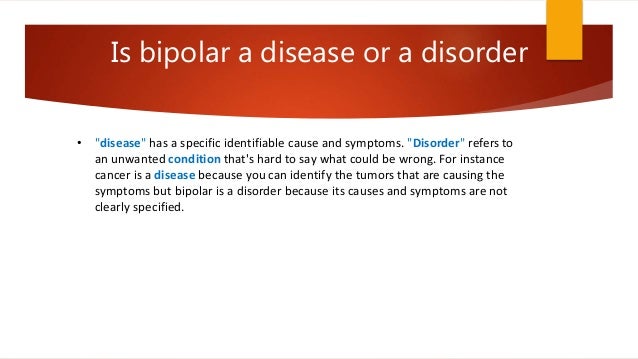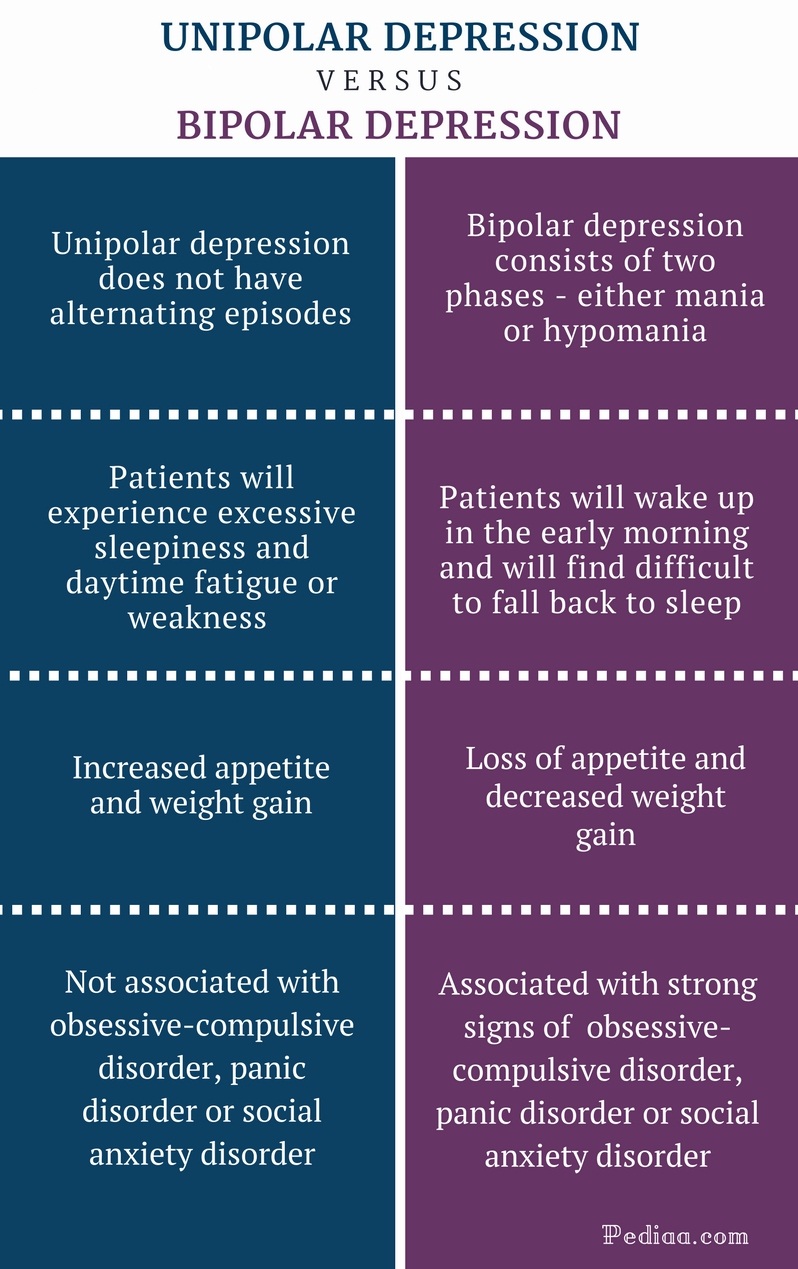
- #Bipolar disorder and pathological lying disorder how to#
- #Bipolar disorder and pathological lying disorder professional#
You could also suggest couple’s therapy or family counseling.
#Bipolar disorder and pathological lying disorder professional#
If possible, try to encourage your loved one to seek the guidance of a licensed mental health professional if they haven’t already. take notes to keep track of interactions.seek out individual therapy or find a support group.respond confidently and stand in your truth.
#Bipolar disorder and pathological lying disorder how to#
“It is OK to want to feel guarded or have difficulty trusting, but rather than pushing them away, learn how to work together to be a positive part of their support system.” “Give support to the person that appears to have bipolar disorder with manipulative tendencies,” says Suarez-Angelino. Their use of manipulation tactics may be a result of learned behavior or a sign that something else is going on. If your loved one lives with bipolar disorder and you feel they’re manipulating you, it’s important to remember that the two factors aren’t formally related. If you feel a loved one is manipulating you Research shows that dialectical behavioral therapy (DBT) can help improve several symptoms associated with bipolar disorder, including mania and emotional regulation.ĭBT and CBT are also commonly used in the treatment of personality disorders. “DBT helps to learn how to be in control of your own thoughts, feelings, and behaviors.” “ Cognitive behavioral therapy (CBT) is common for treating bipolar disorder, however, I also believe dialectical behavioral therapy (DBT) would be useful in treating bipolar disorder and patterns of manipulation,” says Suarez-Angelino. Treatment for bipolar disorder usually includes a combination of talk therapy, medication, and lifestyle adjustments. If it’s determined that other factors are involved, such as a personality disorder, they can structure a plan that allows for coping and treatment of both conditions. Only a mental health professional can provide an accurate diagnosis. But, since manipulation isn’t a formal symptom of the condition, the first step may be to explore the root cause of manipulative behaviors. How to address manipulation in bipolar disorderīipolar disorder can be managed and treated. “Mania often feels like it’s out of a person’s control, and people frequently act against their self-interest during episodes of mania.” “Manipulative behavior requires self-awareness of a situation, desired outcome, and strategies to achieve the outcome,” explains Easterly. Mania has some overlapping signs with personality disorders, like narcissistic personality disorder or borderline personality disorder, but manipulation isn’t usually chief among them.


But, in general, there are a few common signs that a licensed mental health professional will look for in order to make an accurate diagnosis. Yes, it could be a sign of mania but not always.Īn episode of mania in bipolar disorder looks different for everyone. Research shows that many people with bipolar disorder also report experiencing childhood trauma.Ĭould manipulation be a result of episodes of mania? Trauma could also lead some people to use interpersonal manipulation if they learned that openly asking for their needs to be met wasn’t safe. Grandiosity may lead someone to use specific manipulation tactics in some instances. It’s a formal symptom of NPD.Ī 2011 literature review indicated that as many as two-thirds of people living with bipolar disorder experience signs of grandiosity. Grandiosity, or grandiose delusion, is a persistent belief that you’re superior or more special than everyone else. In fact, older research suggests that bipolar disorder is linked to cluster B personality disorders, which include antisocial, borderline, histrionic, and narcissistic personality disorders.īipolar disorder can also be confused with narcissistic personality disorder (NPD) because some people experiencing episodes of mania can develop signs of grandiosity. It’s possible that if someone with bipolar disorder relies on manipulation tactics, they’re living with a personality disorder. Interpersonal manipulation is a formal symptom of narcissistic personality disorder, for example.

“Manipulative behaviors are consistent with co-occurring disorders, such as personality disorders and substance use disorders,” says Rachel Easterly, a licensed social worker in New York City.


 0 kommentar(er)
0 kommentar(er)
